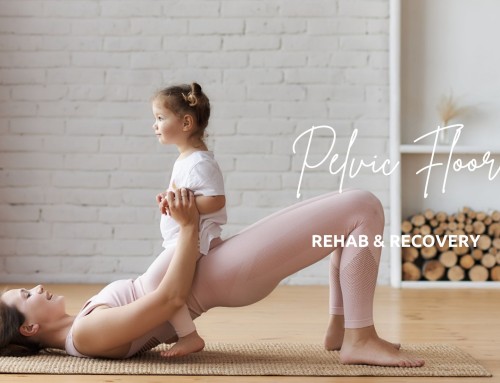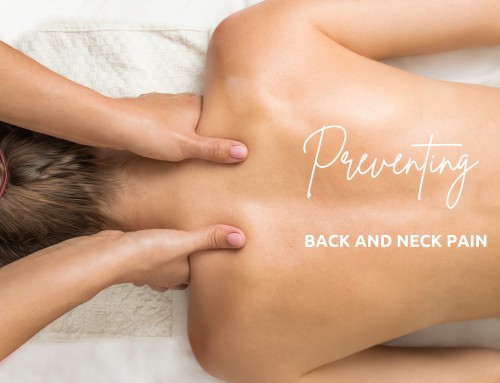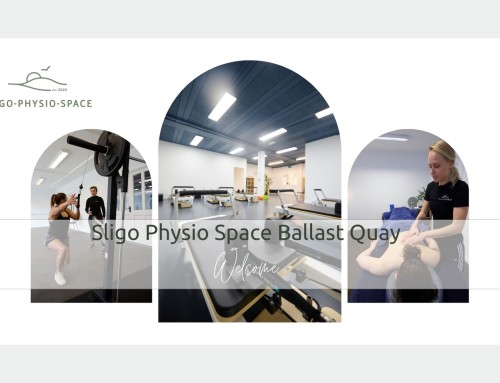Iliotibial Band Syndrome (ITBS)
A most common cause of lateral knee pain in runners
A sharp pain, with an increasing tightness on running
Noble et al 1980 found 84% of ITB was related to training error
Athletes often complain of pain with Stairs, Squats and Running.
Who gets ITBS?
Predominantly runners who have changed their running load, but also cyclists or rowers who suddenly change their training load.
It is especially common in runners who have increased their hill running.
It is more common in runners with a narrow stride width.
Athletes with weak hip muscles and those who run in a fatigued state are more likely to have ITBS.
What is it?
ITBS is caused by compression of adipose tissue underlying the ITB according to (Giesler and Lazenby, 2017). It is the result of repetitive compression of this tissue due to increased training load, which causes increased stress in the area of the lateral knee and cause the tissue to become irritated, sensitive and painful.
Your Physiotherapist will assess:
Training load
Motor control
Muscle strength
Running Gait
Fatigue and recovery
Static Posture
Fear and avoidance
Do I have to stop running?
No, you are not going to damage your knee by running, so we aim to find a comfortable level at which you can run without making your symptoms worse. It is a fine balance and that is where physiotherapy comes in.
Treatment of ITBS:
- Ice
- Short term anti-inflammatory use
- Taping
- Time
- Avoid stretching, foam rolling and massage of the ITB: Geisler and Lazenby (2017) showed that stretching and massage were not only ineffective at treating ITBS but rather likely to worsen symptoms. As the tissue beneath the ITB is sensitive, stretching and massage will aggravate this already sensitive tissue.
- Cortico-steroid injection may help but lack in evidence
- Strengthening of the muscles around the hip
- Graded running plan
- Monitor & modify running program
- Encourage recovery strategies- rest days, good sleep hygiene
- Gait analysis and retraining
- Power and Plyometric exercises
If you are struggling with knee pain and think you need some help, book in for an assessment now. I have also included a video of four of the best hip-strengthening exercises, find out how to incorporate these into your training program in the most effective way by making an appointment today.






